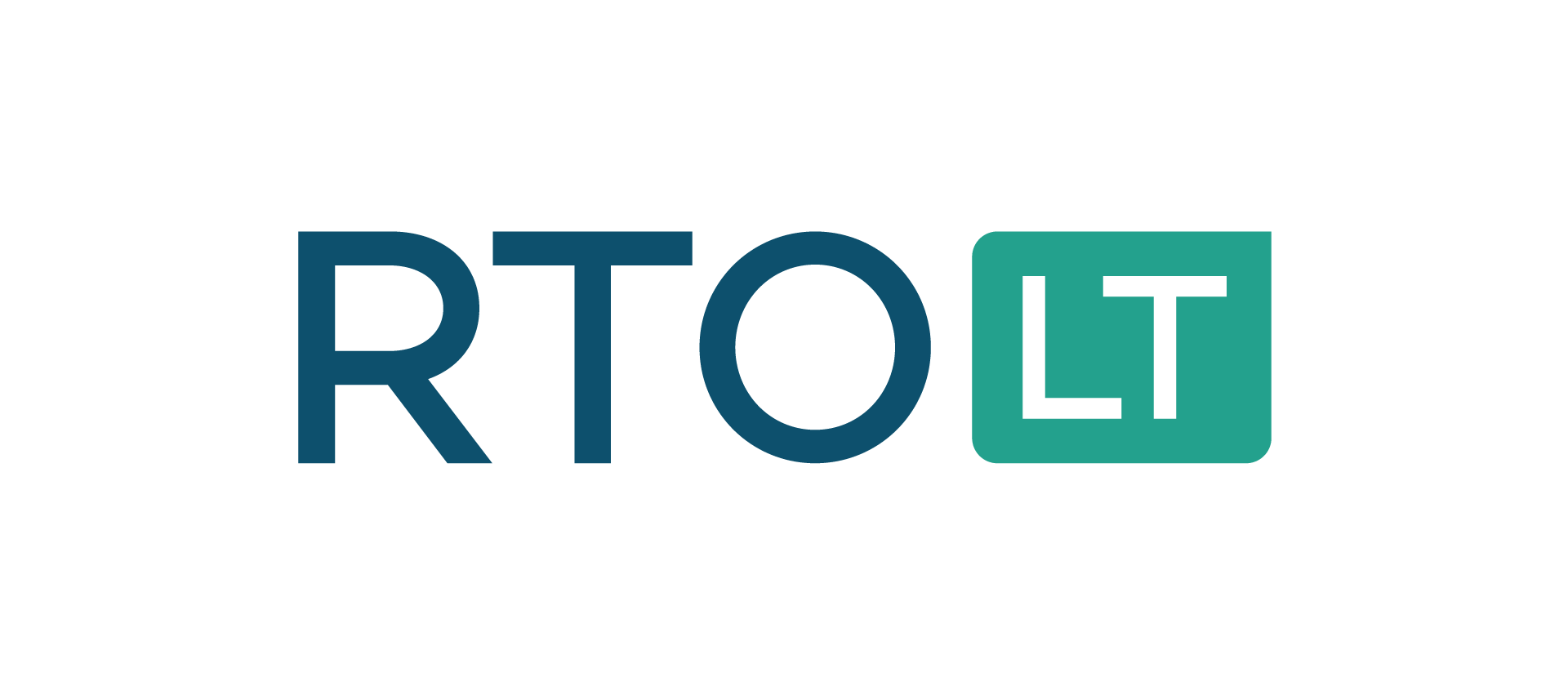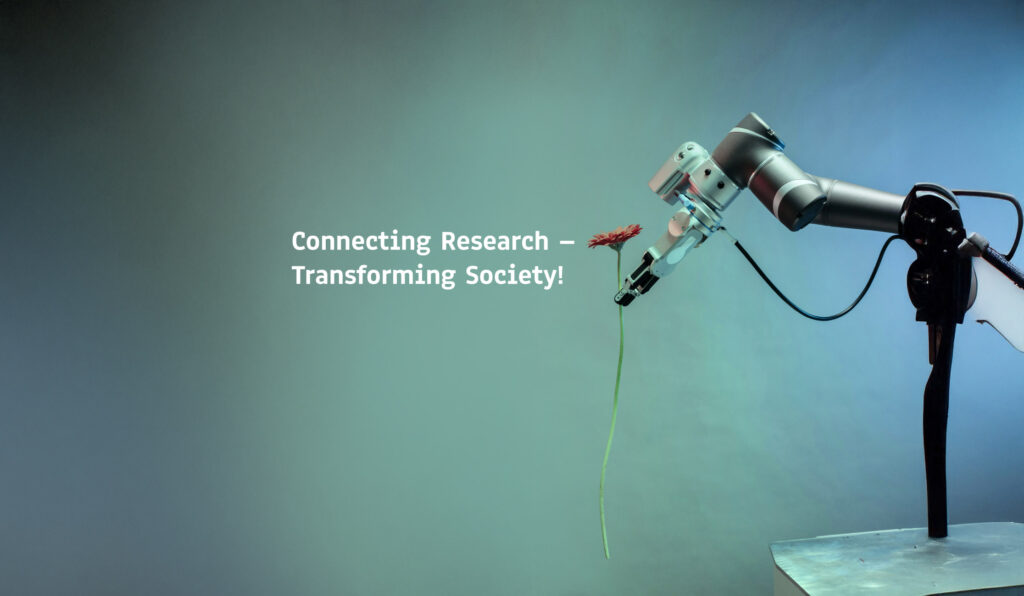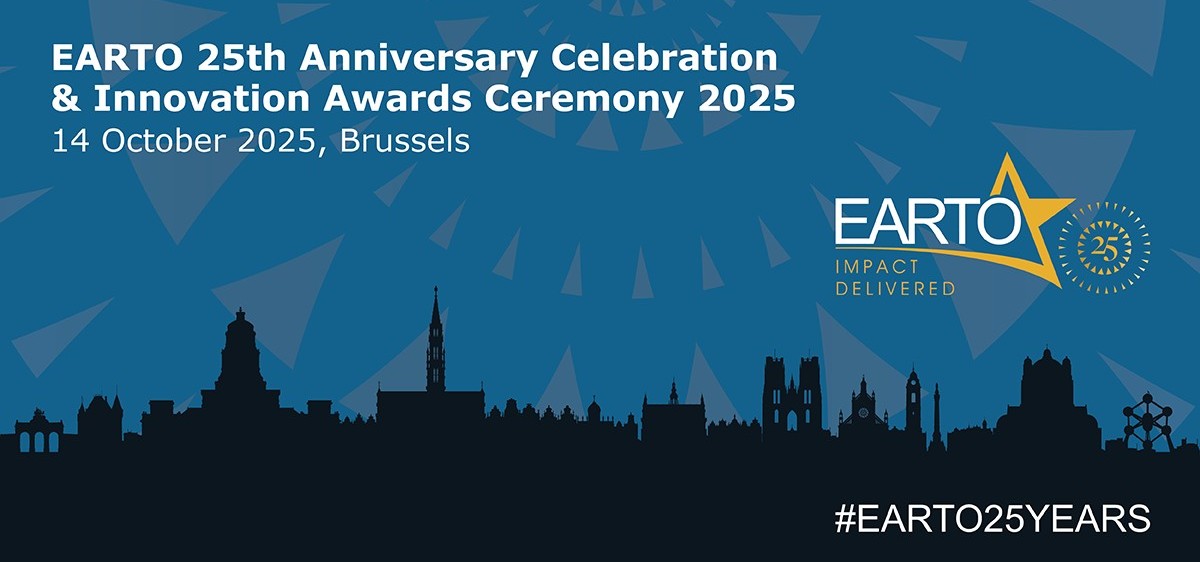On October 14, 2025, our representative Dr. S. Rimkevičius participated in the EARTO (European Association of Research and Technology Organisations) Board Meeting and the EARTO Innovation Awards event, which was held alongside the celebration of EARTO’s 25th anniversary. The event was attended by Markus J. Beyrer from BusinessEurope, and Manuel Aleixo, Alexandr Hobza, and Christian Ehler from European Commission.
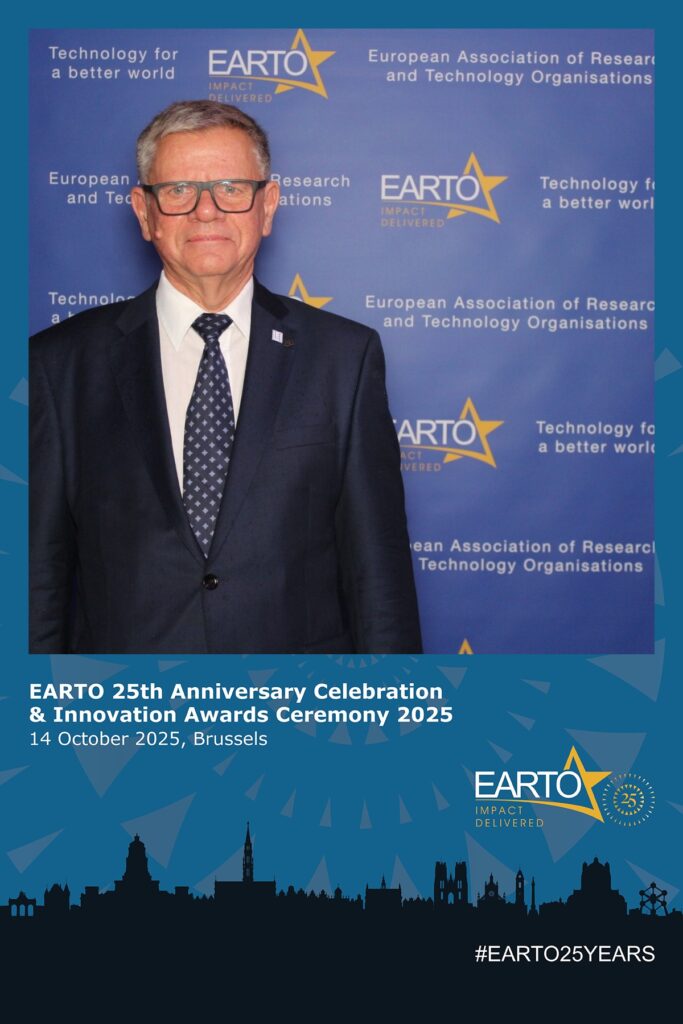
During the Board Meeting, recommendations were presented concerning the European Commission’s proposal for the new funding period (2028–2034) of the EU’s research and innovation program Horizon Europe and the European Competitiveness Fund. The importance of these programs for Lithuania was also emphasized by Dr. S. Rimkevičius.
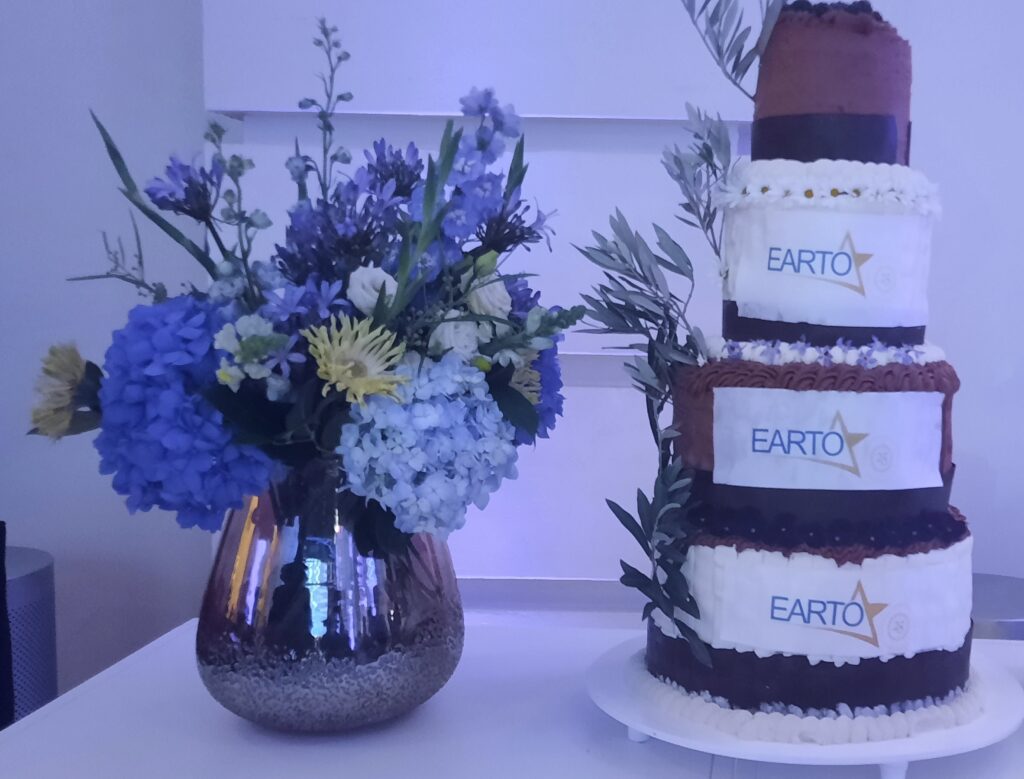
EARTO unites 350 non-university research centers from 32 countries (including associated EARTO members from non-EU countries) and plays an active role in shaping EU science policy and representing the interests of non-university research institutes and centers.
EARTO Proposals to the European Commission
Proposal 1. EARTO points out that despite the expected increase in funding for collaborative R&D&I projects (Pillar II) in the new Horizon Europe program, this increase is smaller compared to other program pillars, accounting for only 43% of the program’s budget. EARTO proposes restoring the proportion from the previous program and allocating 60% of the budget to collaborative R&D&I projects, taking into account Europe’s strategic priorities related to technological sovereignty across key industrial sectors and value chains.
Proposal 2. EARTO proposes increasing funding for research and technology infrastructures to ensure that Europe remains globally competitive. While the European Commission’s proposed €10.9 billion budget for research and technology infrastructures is welcomed, it does not meet actual needs. A recent European Investment Bank study estimated that the funding requirement for technology infrastructures alone in Europe will reach €13–16 billion by 2030.
Relevance of the Proposals to Lithuania
Preliminary discussions with RTO Lithuania partners and representatives of the Lithuanian Research Council revealed that these EARTO recommendations are also highly relevant to Lithuania. The country receives the majority of its Horizon Europe funding through collaborative R&D&I projects (Pillar II). Nevertheless, strengthening research and technology infrastructures remains a critical issue in Lithuania. In addition, S. Rimkevičius emphasized the importance of the “Widening Participation and Spreading Excellence” program for Lithuania during the EARTO meeting.
The insights shared by S. Rimkevičius represent a preliminary exchange of views. A more defined position reflecting the interests of Lithuania’s research and business communities regarding the Horizon Europe program will be formulated on October 30 at a discussion organized by the Ministry of Education, Science, and Sport on the European Commission’s proposal for the 10th EU Framework Programme for Research and Innovation (Horizon Europe).
EARTO Innovation Awards
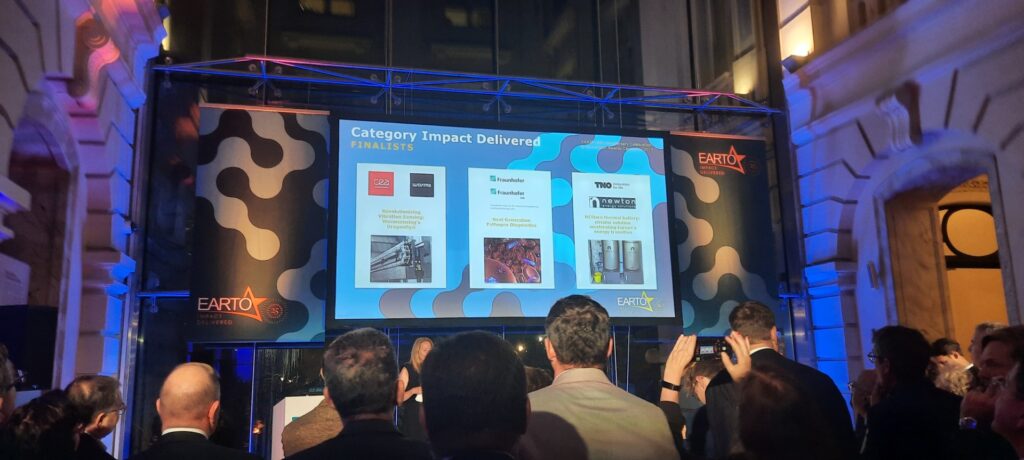
Dragonfly® Vibration Sensor (CEA, France)
The French Alternative Energies and Atomic Energy Commission (CEA) won the EARTO Innovation Award in the “Impact Delivered” category for its development of Dragonfly®—a groundbreaking universal sensor that outperforms traditional vibration sensors in sensitivity, versatility, and cost-effectiveness. Developed using advanced semiconductor technology, Dragonfly® is 1,000 times more sensitive and 100 times more versatile than conventional sensors. These sensors are used in the aerospace industry and for monitoring critical industrial equipment.
Next-Generation Cryogenic Chips (VTT, Finland)
Finland’s research and innovation center VTT won the EARTO Award in the “Expected Impact” category for developing innovative cryogenic chips. Unlike standard metal-oxide semiconductor chips that generate substantial heat, cryogenic chips ensure minimal energy dissipation and are designed to operate in extremely cold environments (-270 °C). This innovation paves the way for advancements in quantum computing, electronics, space exploration, and environmental monitoring. It also strengthens the EU’s semiconductor industry and supports Europe’s strategic autonomy in key technologies.
